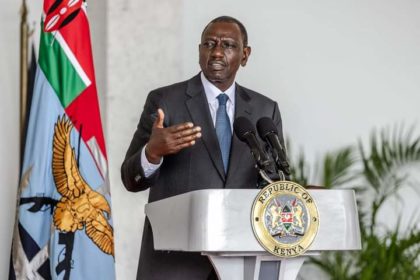In a decision that has sent ripples through the political landscape, the U.S. Supreme Court on Monday ruled to grant broad immunity to former President Donald Trump.
The decision effectively shields Trump from criminal prosecution for official actions taken during his presidency, including efforts to overturn the 2020 election results.
U.S. President Joe Biden responded sharply to the ruling in a speech Monday evening, stating, “Today’s decision almost certainly means that there are virtually no limits on what the president can do. This is a fundamentally new principle, and it’s a dangerous precedent.” Biden’s remarks pinpoints the gravity of the Court’s decision and its potential implications for the future conduct of U.S. presidents.
The ruling establishes that U.S. presidents have at least presumptive immunity from criminal prosecution for actions taken in their official capacity and absolute immunity for exercising the “core” responsibilities of their office.
This verdict stems from Trump’s claim of immunity concerning his attempts to overturn his 2020 election defeat, which infamously culminated in the January 6th insurrection, where a mob of his supporters stormed the Capitol.
The decision has sparked intense debate among legal experts and politicians alike. Critics argue it sets a perilous precedent, potentially placing presidents above the law and eroding the checks and balances fundamental to the American democratic system.
Supporters, however, maintain that it is essential to protect the executive branch’s independence and prevent politically motivated prosecutions.
As the nation grapples with the implications of this ruling, the question remains: What limits, if any, will constrain presidential power in the future? The answer, it seems, may now be far more elusive.




